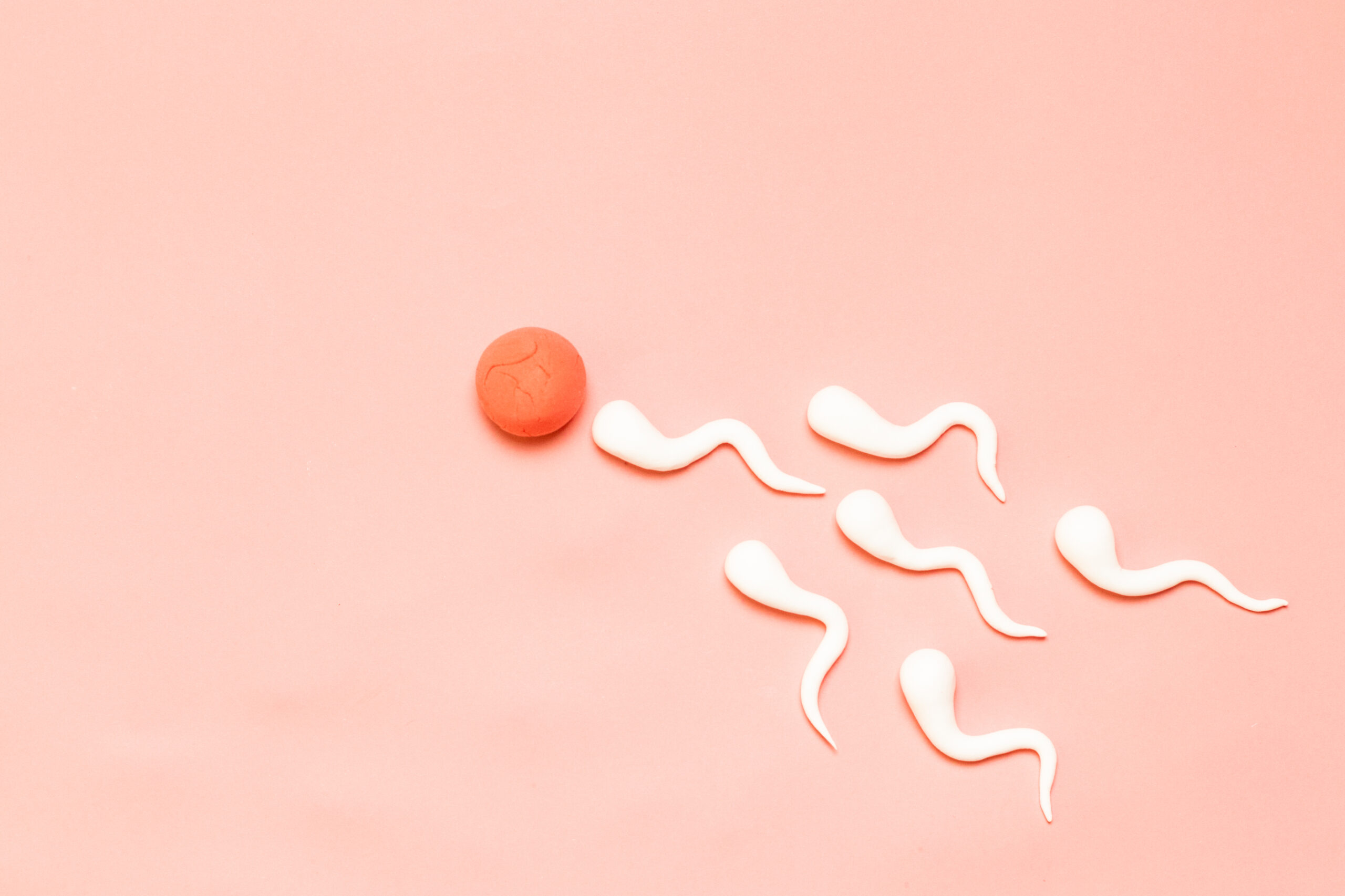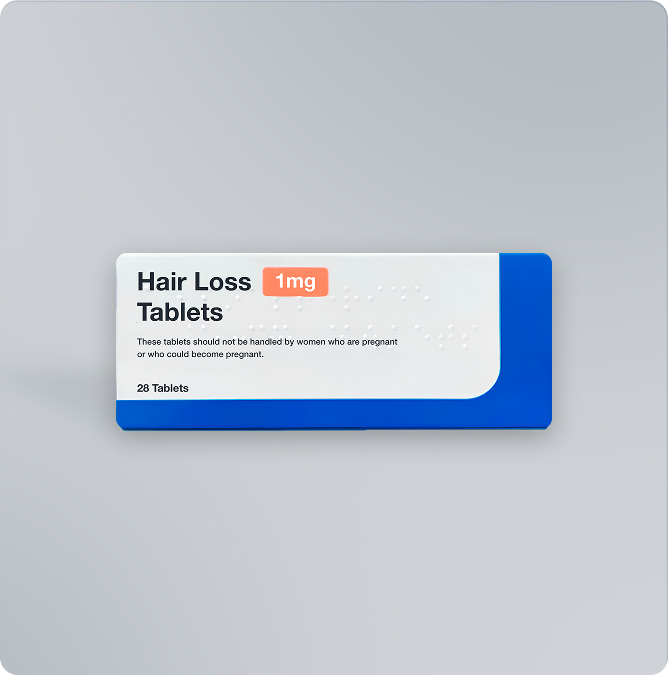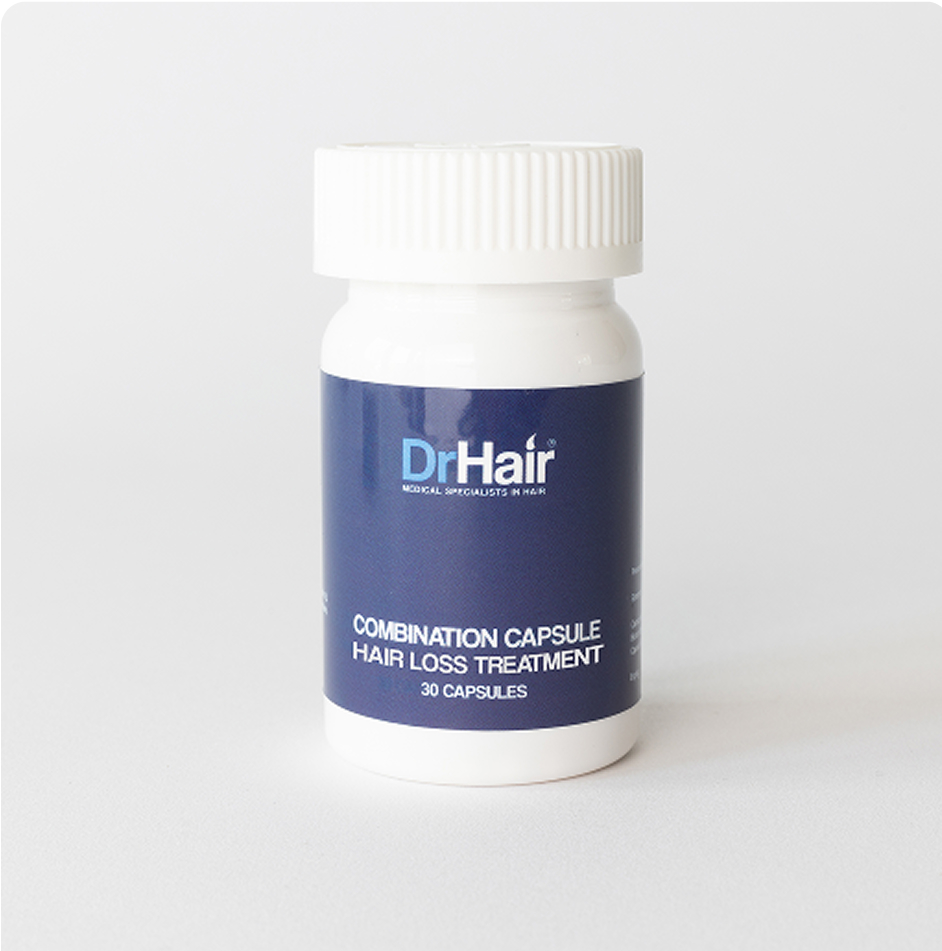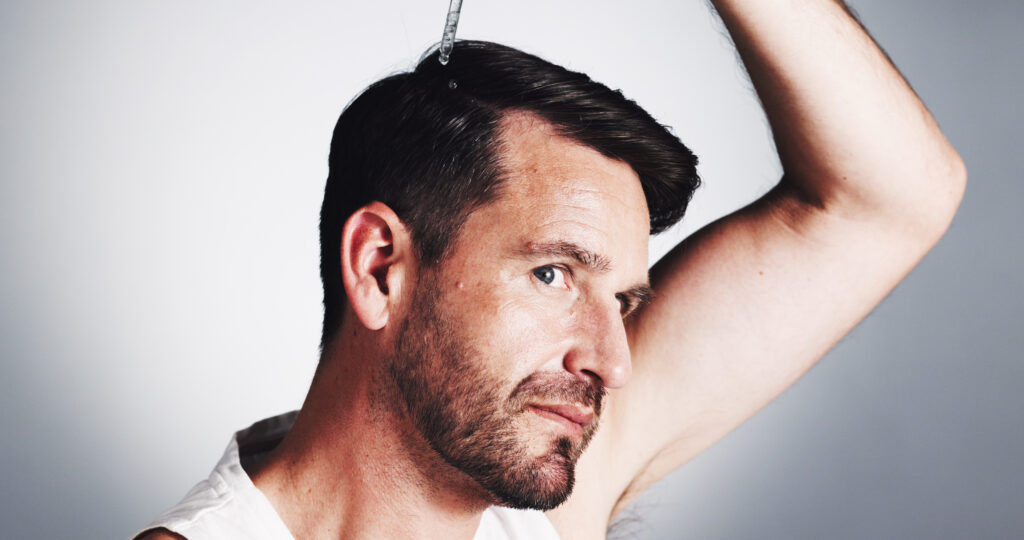Thousands of men use finasteride everyday in order to tackle male pattern baldness. That’s because finasteride is one of only two approved treatments in the UK and has been shown to be effective for decades.
However, finasteride has some side effects, and a few studies have shown finasteride may influence fertility in men [1-6]. Naturally, this may be a cause for concern for those taking finasteride to tackle male pattern baldness, especially if they are looking to conceive with their partner at the same time.
Finasteride isn’t normally recommended if you’re trying to conceive, and ideally should be stopped no less than 3 months before. In this article, we’ll explain all the details for men wondering if they can take finasteride whilst trying to conceive, by discussing:
- How finasteride impacts fertility
- If finasteride causes birth defects
- When to stop taking finasteride before pregnancy
- What happens to your hair if you stop taking finasteride
Does finasteride impact fertility?
Research has shown finasteride may impact male fertility by reducing sperm count in some men [2-6]. It’s especially useful to be aware of this impact if men are already prone to fertility issues, as finasteride’s impact on their fertility may be amplified [2]. For example, men who already know they have a low sperm count, or reduced sperm mobility, could make these problems worse by taking finasteride.
However, finasteride-related infertility is uncommon, as noted by the NHS [1]. Plus, when finasteride use is stopped, any sperm or fertility issues will generally be reversed within a few months.
Why does finasteride affect fertility?
Finasteride lowers your dihydrotestosterone (DHT) levels, which is related to not only hair growth, but also semen production and prostate growth [7]. Therefore, it’s not surprising that suppressing DHT can lead to fertility problems.
How does finasteride impact pregnancy?
It’s important to note that even if finasteride doesn’t have much of an impact on your fertility as a man, it has the potential to impact your partner’s pregnancy and the development of your baby. Research has shown that finasteride can pass into semen, which may impact the physical development of a male foetus [8].
Research is not unanimous here, as other researchers have suggested there is not a high risk of such birth defects from finasteride [8-9]. Regardless, women are generally advised to avoid taking finasteride and the NHS suggests men who are trying for a baby or who have a pregnant partner should avoid taking finasteride until after the birth. Generally, it’s safe to use finasteride if you use a condom after conception or during pregnancy.
Can you conceive while on finasteride?
Yes, you can conceive whilst you are taking finasteride. Even if you have been taking finasteride for several years, it is still possible to conceive, it mainly depends on what impact finasteride has on your sperm health [2]. This impact is different for different people; as previously mentioned, it may make existing fertility issues worse.
In some cases, finasteride may cause temporary infertility. But shortly after stopping finasteride use, this can usually be reversed.
Does finasteride cause pregnancy birth defects?
There is not a huge range of research investigating if finasteride causes birth defects and it depends if you are referring to the man taking finasteride, or the woman.
If the man is taking finasteride, it’s unlikely to cause any birth defects. However, it is still recommended to avoid finasteride when trying to conceive or already pregnant.
If the woman is taking finasteride, which isn’t very common in itself, it’s difficult to assess the likelihood of birth defects due to the lack of research. One paper did report that a woman taking 2.5 mg of finasteride daily when she conceived did give birth to a healthy baby showing no birth defects [8]. However, other research has found a link between exposure to finasteride and hypospadias, a birth defect in boys [10].
Though birth defects are uncommon, it’s best to follow NHS guidance and avoid finasteride when conceiving or already pregnant, whether you are a man or a woman.
When to stop finasteride before pregnancy
DHT levels will start returning to normal roughly two weeks after you stop using finasteride. However, it’s recommended to stop taking finasteride three months before trying to conceive. This is because your chances of conceiving may be lower if finasteride has impacted your fertility, and your semen can contain finasteride, which may harm a developing foetus. By stopping three months before, you are minimising these risks and increasing your chances of conceiving.
Does stopping finasteride mean hair loss will come back?
Unfortunately, yes, it is possible that stopping finasteride will mean your hair loss will resume. However, you can consider switching to another hair loss treatment during this time.
There are several options that will be lower risk, whilst still maintaining your hair loss treatment:
- Minoxidil – A topical treatment that promotes fuller, thicker hair.
- Topical Finasteride & Minoxidil Formula – Topical finasteride is less likely to impact sperm count and foetal development. If you do use this option, take care to avoid exposing a pregnant partner to it on your hands.
Get your safe and effective male pattern baldness treatment from DrHair
Finasteride is a safe and effective hair loss treatment for those not trying to conceive or get pregnant. However, if you are trying to conceive, finasteride use should be stopped at least three months before.
Minoxidil is an alternative hair loss treatment you can use whilst trying to conceive. Minoxidil has a different method of action, meaning it doesn’t impact your hormone levels, and therefore won’t impact your fertility.
If you’re still unsure about which treatment is right for you, especially if you are trying for a baby, talk to a DrHair consultant. We are available for a consultation, where our doctors will discuss your individual needs to help you choose the safest, most effective hair loss products.
FAQ
Yes, you can still get pregnant if your husband is taking finasteride, even though finasteride may reduce your husband’s sperm count.
Finasteride should be avoided during the phase of conception and pregnancy because it may cause harm to the foetus. Therefore, it is recommended for men to stop taking finasteride three months before trying to conceive.
Yes, finasteride lowers sperm count. One study found that 57% of men with oligospermia (low sperm count) saw their sperm count increase by around a third after stopping finasteride [2].













